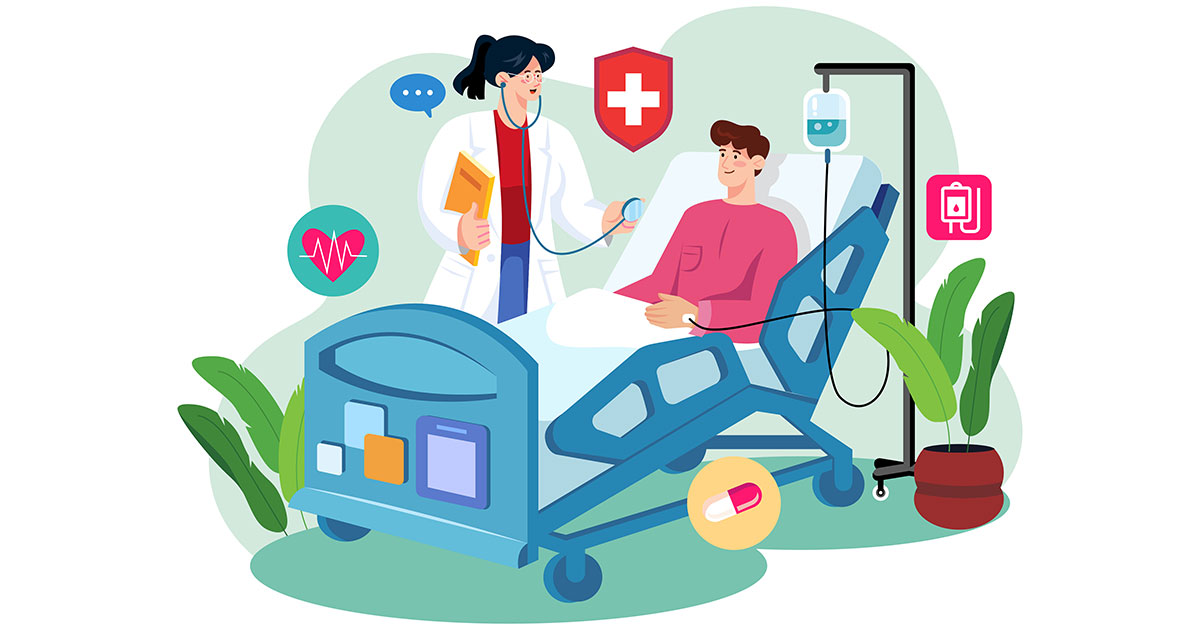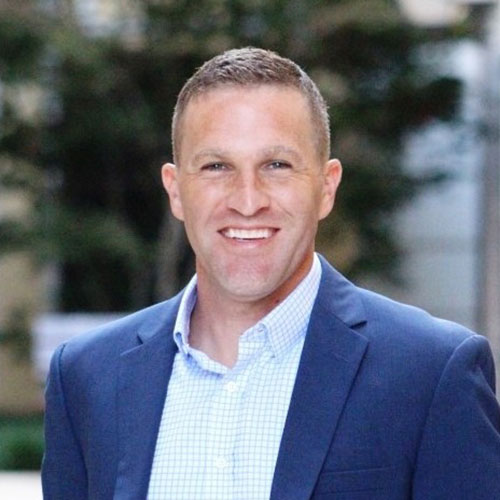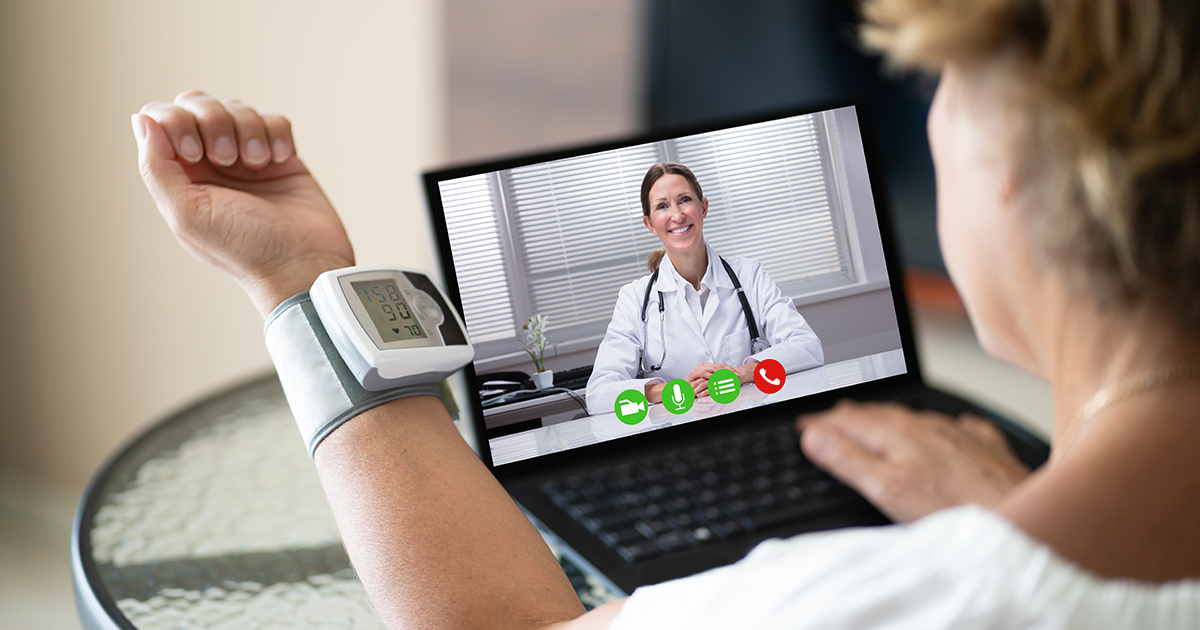Psychiatric Tele-Triage: A Collaborative Approach
To innovate through this nationwide problem, we exhort hospital leaders to consider an intake scenario where a psychiatrist is present in the emergency room to divert patients with psychiatric needs away from the general queue, ensuring they receive specialized care promptly.
This approach, known as psychiatric “tele-triage,” can be a game-changer for emergency departments. It is especially effective for low-acuity cases that add to emergency department wait times.
When physical presence is not feasible, tele-triage steps in, with psychiatric providers offering their expertise via telehealth. They are able to quickly identify the patients’ concerns and direct the course of treatment in tandem with the ED staff. According to Wiley Online Library:
This warrants an open collaboration between the Psychiatry and Emergency Medicine divisions. Psychiatry and emergency care often intersect, and it is up to healthcare organizations to step up and balance the equation.
The Necessary Level of Involvement
One pressing question that arises is the extent of involvement required by a triage nurse or psychiatric professional. It is essential to determine the right balance to ensure that patients receive the appropriate level of care. The right answer for implementing this depends on factors such as:
- Availability of psychiatric care providers in a collaborative context
- Appropriate billing and budget concerns
- Overflow and acuity of cases
The Benefits of Tele-Triage
Tele-triage, defined as the process of physicians triaging cases via tele-presence, holds several key advantages:
- Reduced Travel Costs: One immediate benefit is the elimination of the need for psychiatric physicians to be physically present in the emergency room. This not only saves on travel expenses but also allows these funds to be redirected to more critical areas of the healthcare system.
- Diagnosing Lower-Acuity Cases: Tele-triage is well-suited for diagnosing and managing lower acuity psychiatric cases as it decreases time to treatment, enhances patient satisfaction, and improves clinical outcomes.
How Tele-Triage Manages Patient Flow while Unlocking Revenue

Hospitals are in a difficult position with regards to emergency room overcrowding: patients wait in hallways (or worse, leave without being seen, which fails to address patient needs and opens facilities up to risk), budgets are decreasing, and clinician pay is rising. Tele-triage offers a cost-effective strategy to efficiently manage patient flow and allocate resources strategically, potentially mitigating these issues. Patients get a treatment plan in place, and potential LWOS cases are minimized.
It should also be noted that psychiatric cases occupying ED resources result in missed revenue opportunities. An Emergency Medicine International Study revealed that each boarded psychiatric patient prevented the ED from treating 2.2 additional patients, resulting in $2,400 in missed revenue per psychiatric patient. The impact is staggering, as evidenced by the $20 million annual cost to Arizona hospitals.
How Should Hospitals Bill for Tele-Psychiatry?
To support the implementation of tele-triage, understanding the relevant medical billing codes for tele-psychiatry services is crucial. Billing accurately for telehealth services and locum tenens providers is important in order to avoid costly delays if claims are denied and sent back to be revised. Leveraging a knowledgeable partner with expertise around billing, enrollment and reimbursement is strongly advised.
Those whose responsibility it is to bill accurately should keep in mind the two main paths for billing locum tenens providers: the Q6 modifier (a 60-day procedure code modifier used in the absence of a physician) vs. full provider enrollment (when Q6 is not available).
There are also considerations specific to billing for telehealth services. Although it can be a granular and painstaking process, proper billing can “make or break” a new telehealth program, so it is important to nail down concepts like distant site vs. originating site, as well as clarification of guidelines that the insurance payor may have regarding telehealth. This process may also get into the specifics of the location of the telemedicine rendered with modifiers 95 & GT as well as accurate place of service codes and correct CPT codes.
Having these all in order can avoid delays caused by denied claims in the process.
Projected Reduction in Wait Times
The average wait time for psychiatric patients in the emergency department is a pressing concern, with a recent examination placing the national average ER wait time at 145 minutes. If 100% of psychiatric cases were routed to the correct department for treatment, this could reduce the average wait time significantly.
By embracing tele-triage, we project a significant reduction in these wait times, offering hope for both patients and healthcare organizations.

A Call to Improve the Emergency Medicine Experience
If your organization accepts the challenge to enhance your ED’s efficiency, reduce operating costs, and alleviate patient wait times, tap into the strategic expertise of the team at LocumTenens.com. Our commitment to providing qualified psychiatric professionals is unparalleled, and we stand ready to support your mission of delivering exceptional patient care. Moreover, we have experts in building innovative new programs that will examine your organizational needs and provide strategic recommendations tailored to the realities of your facilities and patient communities.
Clinician contact formFacility contact form
The integration of psychiatric tele-triage represents a powerful tool for healthcare organizations to address the emergency room crisis. It's not just about managing patients more effectively; it's about reshaping the future of emergency care in a way that benefits everyone involved.

About the author
Ryan Hickey
MPA, Associate Vice President, Psychiatry, LocumTenens.com
Ryan Hickey is an Associate Vice President with the Psychiatry division at LocumTenens.com. He has vast experience building relationships in multiple service lines with healthcare facilities throughout the U.S., and is passionate about partnering with clients to ensure continuity of care for their patients and communities. Ryan received his Master of Public Health degree from The Maxwell School at Syracuse University.





